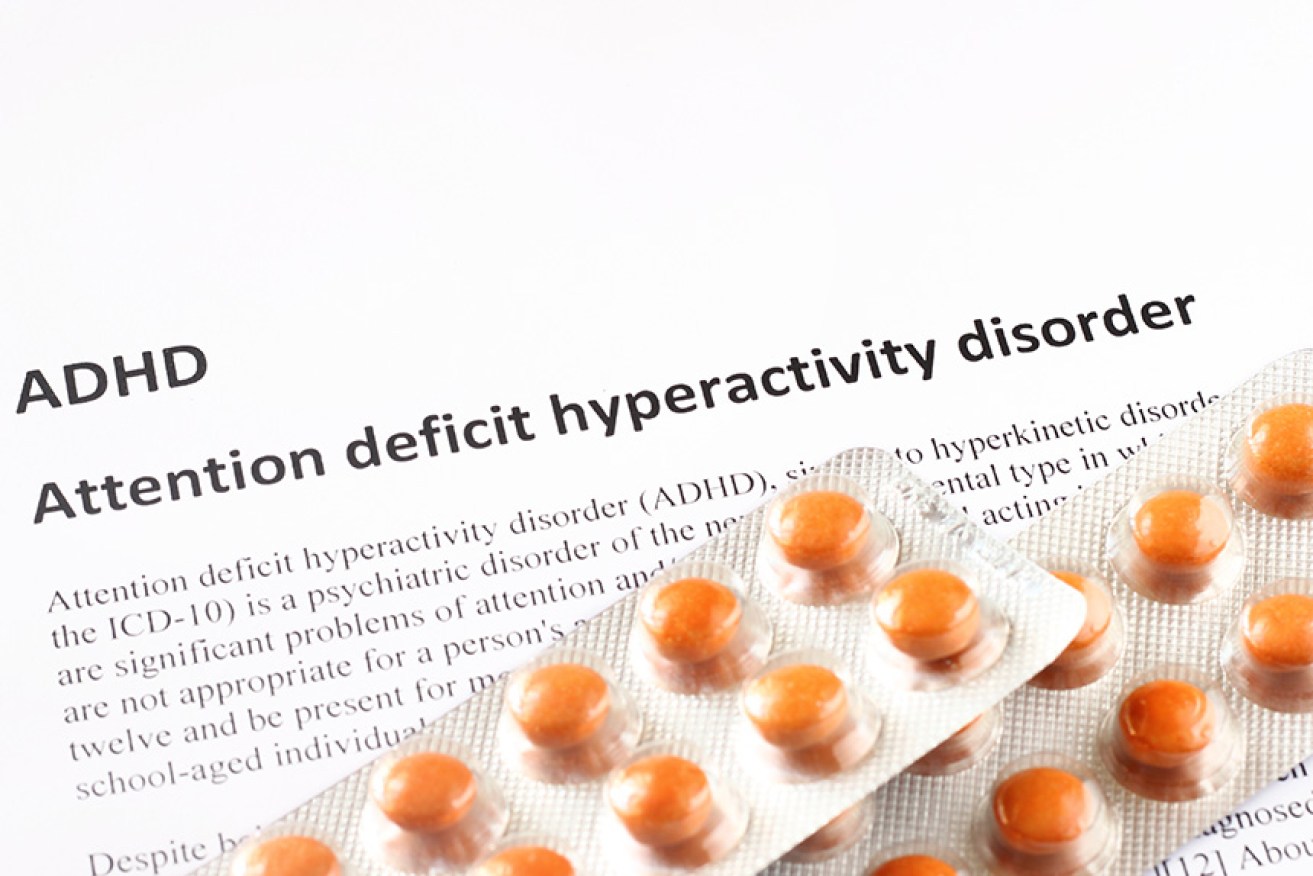ADHD remains under-diagnosed, despite increased awareness


ADHD is still under-diagnosed in Australia, despite raised awareness for the condition. Photo: Shutterstock
Fewer people than expected are diagnosed with Attention Deficit Hyperactivity Disorder (ADHD) in Australia because of a “real issue regarding equity of access” to treatment — particularly for women — despite increased awareness of the condition.
Professor Mark Bellgrove, Senior Director of Research in the School of Psychological Sciences, Turner Institute for Brain and Mental Health, said Australia is coming off a “historically low baseline” of people diagnosed with ADHD compared to other countries.
“People have started coming forward looking for explanations for why they’ve struggled throughout life and why it hasn’t been as easy as their peers,” he said.
“For whatever reason, it never came to the attention of teachers or parents and that is undoubtedly due to poor recognition of ADHD.”
He said that based on the number of stimulant prescriptions written, and global studies suggesting a prevalence of the condition in 2.5 per cent of people, “we still haven’t reached a level that reaches the expectation”.
“The primary barrier is that experienced clinicians who can do the diagnosis are in the private system and not the public system,” Professor Bellgrove said.
“There’s almost no publicly-funded treatment and diagnosis for adult ADHD.”
The condition normally manifests as hyperactivity and an inability to sustain focus, but symptoms can also include aggression, excitability, lack of restraint, anxiety and absent-mindedness.
Equitable access
In March 2023, a parliamentary committee was launched into the barriers “to consistent, timely and best practice assessment of ADHD and support services for people with ADHD”.
The committee is examining the access to diagnosis and support, the impacts of gender biases in assessment, support services and research, access to and cost of medication, and the role of the National Disability Insurance Scheme for people with ADHD.
Professor Bellgrove said the condition is mostly diagnosed by a specialist consultant psychiatrist, which requires them to “take into account the whole complexity of the individual’s presentation”.
“For that reason, it is an involved process and inevitably takes more time and costs more,” he said.
“We are aware there is a lot of variability in the price structure at the moment and it would be good to see that unified.”

ADHD usually requires a specialist to diagnose it, resulting in increased costs and wait times. Photo: Getty
Adults are also medicated at a much lower rate than children, with only one in five adults with ADHD currently receiving medication.
Dr Tamara May, a psychologist working with adults with ADHD, said because young girls present with different symptoms from young boys, they are often under-diagnosed.
“Girls may be more likely to have inattentive symptoms and they can be easily missed as they are more internal rather than externally shown symptoms such as hyperactivity,” she said.
“We know that the sex ratio of around three boys to every one girl, reduces in adulthood where it becomes almost one to one; this suggests that we do likely miss many girls in childhood or adolescence.”
Stigma
Professor Bellgrove said ADHD still remains a controversial condition, despite society working towards destigmatising mental health issues.
“People are very comfortable with the concept that someone might have anxiety or might have depression, but they still managed to succeed in their occupation or life despite their struggles,” he said.
“A person with ADHD who has been successful, the natural inclination is to assume they don’t really have ADHD.”
Only 0.2 per cent of Australian adults are currently being treated for the condition, well below the expected rate of 2.5 per cent.
Professor Bellgrove said there are a lot of unanswered questions about the neurological condition, and he would like to see the community mobilise to help answer many of the research questions.
“I’d like a bit more empathy towards folks with ADHD and understanding their condition,” he said.
“We often try to focus on positives, but the diagnosis does carry a lot of burden with it.”








